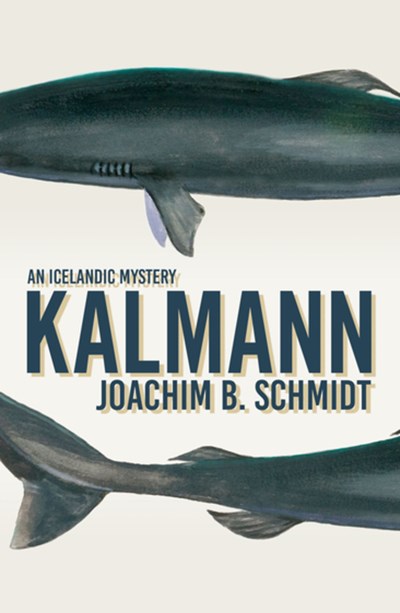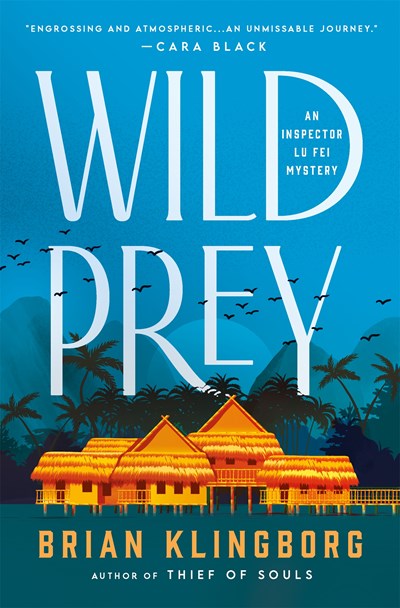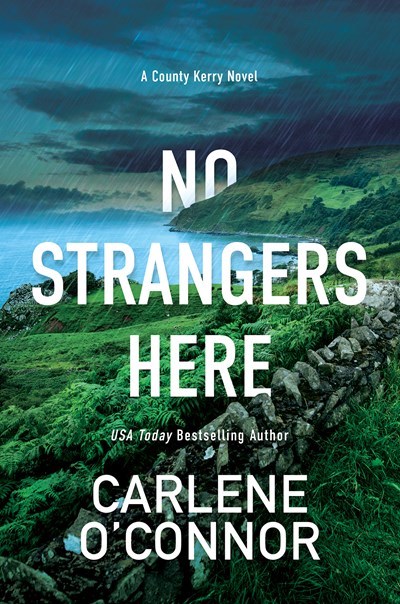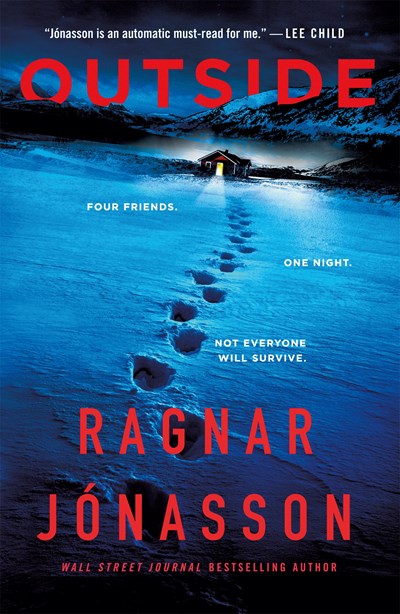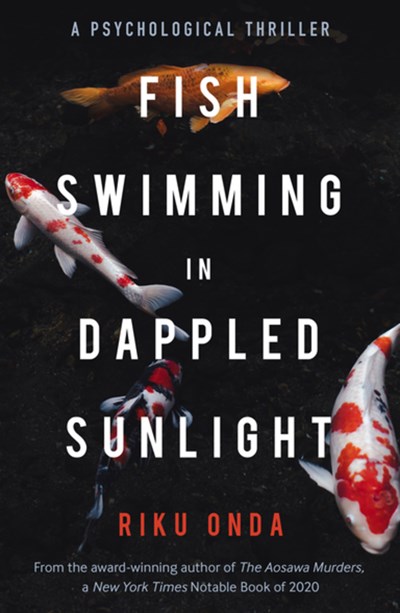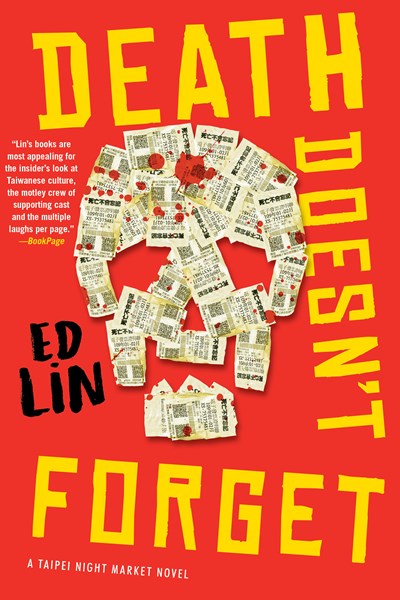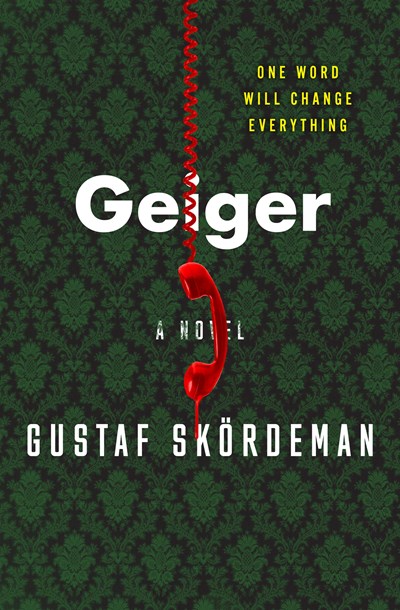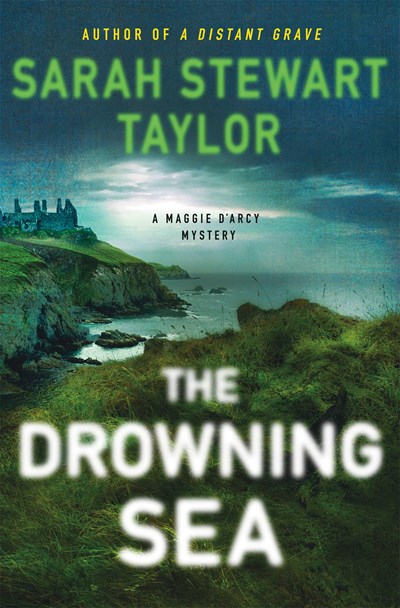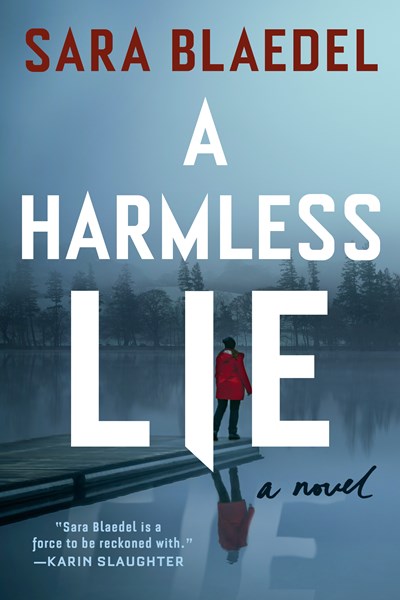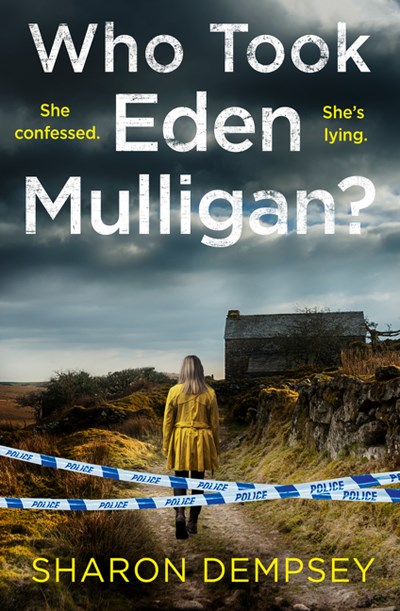Deeply heartfelt and gently humorous, Kalmann is as unique as its eponymous hero, Kalmann Odinsson. Self-proclaimed mayor of Raufarhöfn, a small town in Iceland’s far north, early thirty-ish Kalmann is also the town’s one remaining shark catcher and producer of hákarl, a delicacy made from fermented shark. But Kalmman’s mind works differently from most people’s. You could call him neurodivergent, but he just says that “things with me have never really gone forward.” Then one day, when hunting a fox outside of town, he comes across a large pool of blood in the snow. This leaves him completely rattled, but instead of reporting it to the police, he goes home and watches Dr. Phil. Kalmann is called in for questioning the next day; it seems that a local businessman has disappeared. While Kalmann remains sort of focused on solving the murder—while putting forth the theory that a polar bear could be the culprit—Schmidt takes us deep into Kalmann’s life, from his mixed experiences growing up to all he learned about survival from his wonderful grandfather, and from his bouts of loneliness to the challenges he has communicating with others, and vice versa. Still, the criminal element remains the rope that pulls us through the book. Schmidt’s creation of the character Kalmann is no less than masterful. Can we hope that this is just our first foray with Kalmann?
International
The aftermath of the pandemic combines with desperation and greed in the second in Klingborg’s series, a thriller set in northern China and Myanmar. It stars Inspector Lu Fei, whom we meet while he and his colleagues—idiots every one, if we’re to believe Lu—stalk a man who’s suspected of selling endangered-animal parts that are popular as folk remedies. The government has cracked down hard on live-animal (or “wet”) markets since COVID-19 made them the focus of the world’s attention, and it’s Lu’s duty to make the rigid bureaucracy felt on the ground. Back at the station, a thin, scared girl, Tan Meirong, won’t leave until someone pays attention to the disappearance of her sister, Meixiang, who works in a restaurant that Lu learns has “off-menu” items for rich diners. It’s hard for even Lu to get someone to care about Meixiang, who’s regarded as rather disposable, but he persists, going undercover to the source of the forbidden delicacies. Lu Fei is a character to ponder. He’s mean to his girlfriend and even Meirong, but he won’t let Meixiang go. But mostly readers will be caught up in the exciting international chase that sees Lu hitting the road with little regard for his safety and armed with little except a strong desire to trample odious characters. James Patterson fans, this one’s for you!
In too many circles in rural Ireland, doing anything fancier than, say, living in a cave is just asking for the accusation that you have “notions’‘ about yourself. The O’Reillys, racehorse owners in Dingle, Co. Kerry have embraced their notions, going as far as to have a butler (A BUTLER!) and marble floors, but their shady ways keep them immune from (open) ridicule. Dr. Dimpna Wilde, a native of Dingle who hit the road years before, is forced back into the O’Reilly’s grimy orbit when the clan’s patriarch is found dead on Dingle’s famously beautiful beach. Dimpna’s father, a vet, is accused of killing Johnny O’Reilly with an animal euthanasia drug. Dimpna, also a vet, steps right into work in her father’s practice; her new base serves as a way for O’Connor to humanize this kind, smart protagonist and as a means for the character to reacquaint herself with the townspeople and their complicated relationships. Some tense and emotional (but never cruel or gory) scenes await as Dimpna helps Dingle’s pets and farm animals; similar emotions are engendered by the murder mystery, which sees our protagonist revisiting painful scenes from decades past, including a rape. With an almost anthropological exploration of rural entanglements paired with a perplexing mystery, O’Connor’s series debut is a winner.
With friends like this, who needs enemies? Four buddies from college, now into early middle age, decide to get together for a mini-reunion and hike. They choose remote east Iceland—in the winter—not perhaps the most sensible decision. But Ármann, one of the group, owns a tourist company and seems to know his way around. So when they head off on the hike, with little food and no other supplies, then get caught in a blinding storm, it’s Ármann who is able to lead them to an emergency hut. But what greets them when they open up the hut is shocking, unsettling the small group. As they shelter in place and secrets are revealed, one old friend turns against another. This standalone from the best-known author of Icelandic noir makes for a fast read with as many terrifying twists and turns as the luge
Aki and Hiro have decided to break up, but before they go their separate ways they agree to spend one last night together in their Tokyo apartment. A final evening for bitter-sweet lovemaking? Not with these two, who far prefer to discuss their failed relationship, from when they first met in their university’s tennis club to their decision to split. But Aki and Hiro are engaged in far more than just reminiscing. Every chapter the book switches narrator, unearthing some profoundly unsettling facts about their relationship, stretching from their painful childhoods to the death of a guide on a mountain climbing vacation they took a year ago. Is one of them responsible for his death? A bit of a thriller, a bit of a murder mystery, and entirely compelling, this literary who-dunnit is one that readers will tear through in one sitting.
We’re back on the streets of Taipei with Jing-nan, the owner of Unknown Pleasures, a night market food stall. Taipei native Jing-nan spent a couple of years at UCLA only to be called home when his parents died, leaving him to run the take-out—a bittersweet turn of events. Here he’s initially accused of two murders: of a small-time criminal who dates his girlfriend’s mother, and of a police captain. With little effort, Jing-nan manages to worm his way out of the accusations, only—along with girlfriend Nancy, her mom, and his food-stall employees—to get sucked into the search for the real criminals. While the mystery, such as it is, chugs along on the back burner, we’re treated to Lin’s always wonderful array of characters, bits of Taiwanese history, and explanations of the current political scene—all without feeling like we’re in school. Lin is definitely a satirist, but this novel is deeply poignant at the same time. While this book can be read on its own, Lin’s books benefit from reading them in series, as so much of the writing is focused on character development.
Talk about jumping right into the thick of the story. As Skördeman’s debut opens, a wife says goodbye to her visiting daughters and grandchildren, picks up the phone, and, hearing just the word Geiger, shoots her husband in the head. We have no idea why she would do this nor where she’s headed after immediately going on the run, and what unfolds is more bizarre than we could have imagined. It’s also much weirder than the Swedish public ever thought could happen to the victim, a beloved TV presenter and jolly father figure known as Uncle Stellan. Espionage involving Sweden’s relationship with East Germany during the Cold War and after, and the relationship between Uncle Stellan’s spoiled, mean daughters and their childhood friend and bullying target Sara—now a police officer who elbows her way into the investigation—are highlights of this tale, as are the frequent head-spinning twists. Potential readers should note that child sexual abuse is a major plotline here. For fans of Elizabeth Elo’s Finding Katarina M., which also has echoes of a communist regime.
Taylor, Sarah Stewart. The Drowning Sea (Maggie D’arcy Mysteries #3). June 2022. 352p. Minotaur.
I tiptoe warily toward books set in my home country, Ireland, fearing they’ll be all priests and mist, but Taylor mines a thoroughly modern Ireland for her thoughtful tale. The setting is West Cork, long a bohemian area that attracts foreigners who like a slower way of life. Taylor shows it being overtaken by the ultra-rich while the local bad boy made good, who owns everything from the gastropub to the manor house, is building a hotel that has locals staging protests and sabotaging construction. The beauty of the area is already working against it, then, when a body washes up on the beach. He’s a member of the area’s Polish community, one of the young people who ease the lives of the rich but struggle themselves, and his death begins to scrape away the veneer of niceness on the town’s past and present. Women steer this story, starting with the series’ star, Maggie D’arcy, a Long Island police officer who’s visiting Ireland but may stay with her new boyfriend and their respective children. There is also a young Polish officer who reluctantly lets Maggie into some aspects of the investigation and an artist whose nebulous memories of a possible past crime seem related to the present-day violence. Tana French fans will love this intricate, relationship-fueled crime story and its strong women characters.
With its nine volumes, the acclaimed Detective Louise Rick series can be off-putting. But the newest title, A Harmless Lie, is actually a good entrance point. Sure, you’re missing plenty of backstory, but Blaedel is careful in not assuming too much knowledge on the reader’s part. Here, Louise is in Thailand, on sabbatical before returning home and taking the position of Copenhagen’s Head of Homicide, when she gets a call informing her that her brother Mikkel has been hospitalized after attempting suicide and that his wife, Trine, abandoned him and their children just days before. Louise heads off to her claustrophobic home town of Osted, only to confront a withdrawn Mikkel, her anxious parents, and the gradual realization that her brother is being investigated for Trine’s murder. Concurrently, her good friend Camilla, a journalist, is looking into the decades-old disappearance of a teen girl whose body has just been discovered, a girl who happened to be a classmate of Trine. While crawling with cops, this book is hardly a police procedural. It’s a deeply emotional dive into family, community, and the power of secrets.
Perhaps inspired by the real-life disappearance of Northern Ireland mother Jean McConville, Dempsey invites us inside two crimes. The first is a murderous attack on five roommates, and then there’s the cold case resurrected by the message scrawled on their wall: Who Took Eden Mulligan? Eden’s children, now adults, have been adamant in the decades since her disappearance that she wouldn’t leave them, but the woman was an enigmatic outsider in “a pit of savagery and subterfuge.” A Protestant living in a Catholic area of Belfast, she looked a mite too good for neighbors to care about her fate. Detective Danny Stowe has lots to lose in his inquiries—he’s on thin ice after smashing a perpetrator’s head against a wall and needs this win. For that, and more personal reasons, he persuades his best friend from college, a forensic psychologist who’s enduring her own issues, to join the investigation. The old and new cases, and the broken families involved, bring forth the weariness of living in sectarian strife, a mundanity that’s broken by moments of horror. Dempsey excels in portraying the anger that emerges when the dreamy veil of struggle lifts to reveal political violence as “a cover for psychopaths.” Read this for both a satisfying puzzle and an inside look at a culture turned sour.

